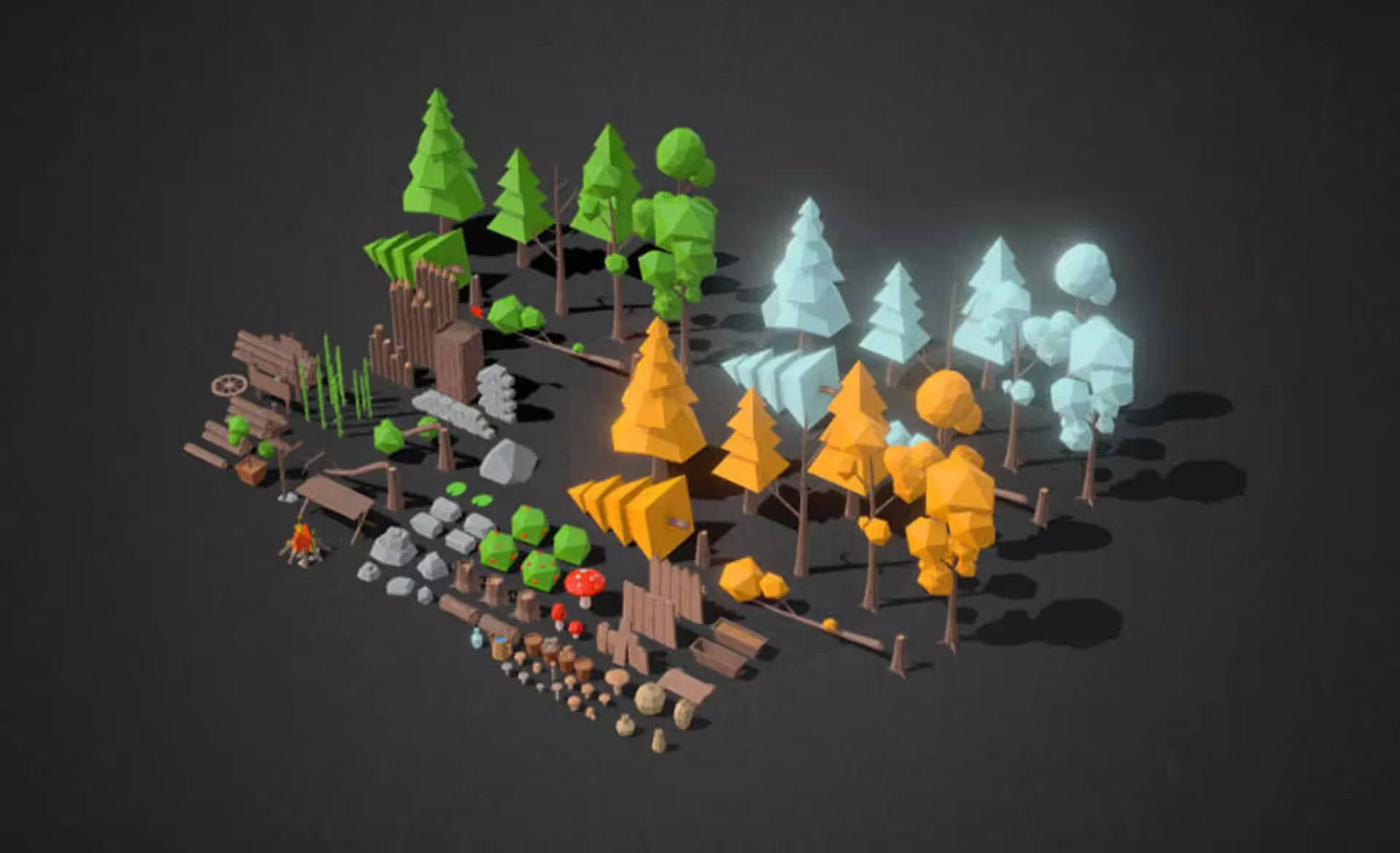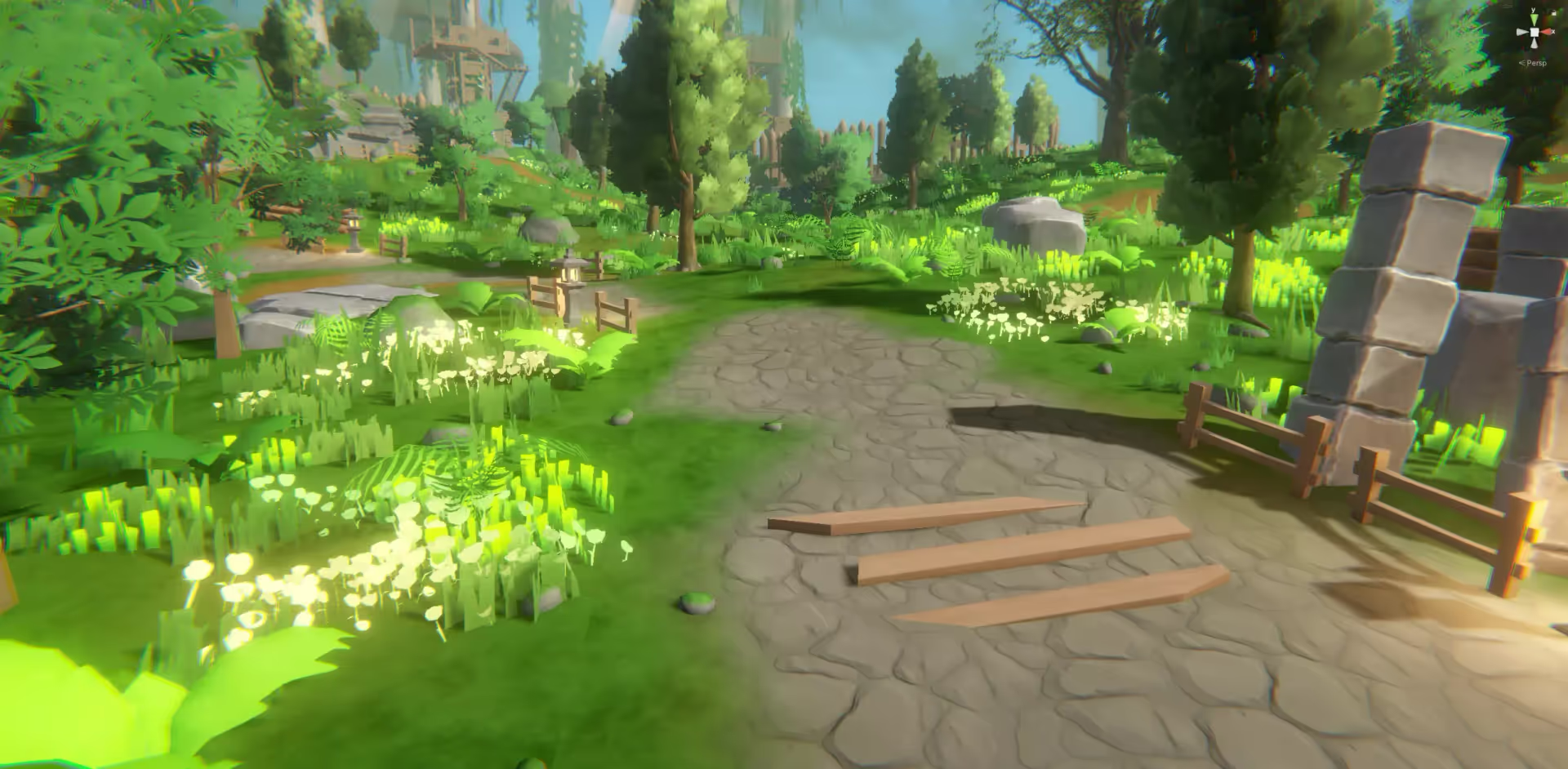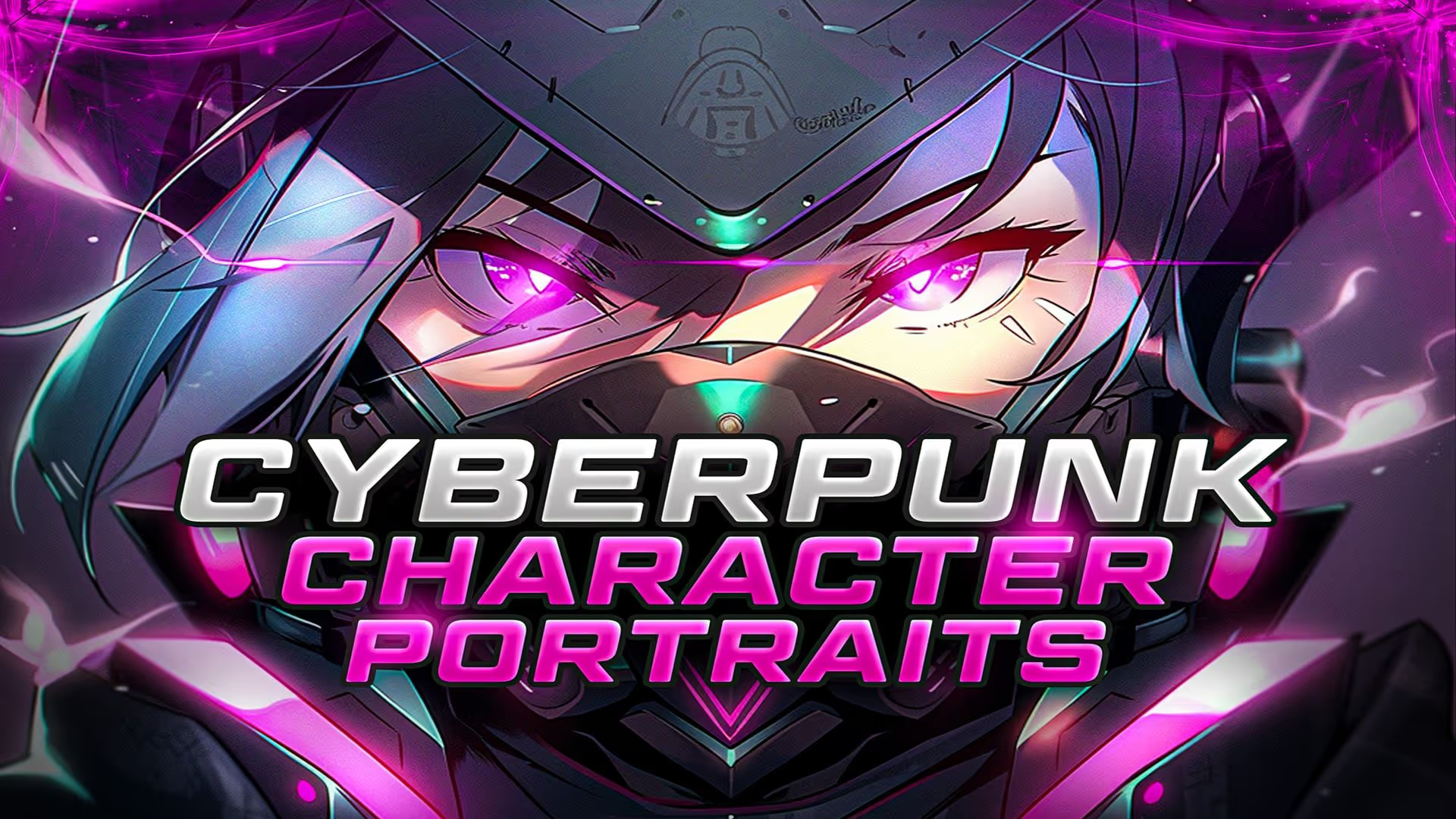8 Secrets for Crafting Successful Games
The game development world is a highly competitive landscape, where success is often determined by a delicate balance of creativity, innovation, and strategic planning. This is particularly true for indie game developers, who face a unique set of challenges and obstacles to be recognized and achieve commercial success. To succeed in this industry, indie game developers must possess a deep understanding of the key principles and best practices behind successful game development.
In this blogpost, we’ll talk about the insights and strategies that you need to create successful games. From the initial stages of ideation and conceptualization to the final stages of design, development, and marketing, we will delve into the intricate process of creating successful games that resonate with audiences.
1. Understanding Your Audience
To make a good game, you need to know who your players are. Indie game makers do research to learn about what their players like and what they are interested in. This helps them make a game that their players will really enjoy playing. By knowing what their audience wants, game makers can design their game to be more fun and interesting for their players.
2. Innovation and Differentiation
Innovation can make or break a game’s success and is vital in the world of game development. Indie developers need to prioritize creating unique gameplay mechanics, compelling narratives, or innovative art styles to stand out in a saturated market.
By offering something fresh and distinctive, you can capture the attention of players and create a loyal fanbase. In addition to creativity, focus on creating a seamless user experience and optimizing your game for various platforms. With determination and hard work, you can make a name for yourself in the competitive gaming industry. Remember, innovation is the key to success!
3. Player-Centric Design
To ensure that games are successful, adopt a player-centric approach. This means prioritizing an intuitive, engaging, and enjoyable gameplay experience that immerses players and keeps them coming back for more. By focusing on the player’s needs and desires, developers can create games that are not only fun to play but also have the potential to become long-lasting favorites.
4. Prototyping and Iteration
Indie developers must create early prototypes of their games to test core mechanics, gameplay loops, and user interfaces. As you work on your game project, keep testing and improving it based on feedback from people who play the game. This helps you make sure the final game is really good.
5. Epic Franchise Potential
Think ahead and consider the potential for sequels, spin-offs, or expanded universes. Building a strong brand identity and keeping players engaged is essential to laying the foundation for a franchise that can extend beyond a single game. By consistently delivering quality games that resonate with your audience, you can build a loyal fan base and increase the chances of creating a successful franchise. Don’t be afraid to be bold and extra-creative.
6. High Production Values
While indie developers may have limited resources, investing in high production values is essential for creating successful games. From polished graphics and sound design to intuitive user interfaces, every aspect of a game should reflect a commitment to quality. By prioritizing production values, you can elevate your game above all the other competition.
7. Community Engagement
Engaging with the community is an important strategy for independent game developers. By nurturing a sense of community around your game, developers can encourage a devoted player base that offers constructive feedback, encouragement, and word-of-mouth promotion. Through various channels such as social media, forums, and live events, you can interact directly with your audience in the community, which encourage a sense of shared ownership and investment in the game’s success.
8. Polish and Refinement
How many hours have you spent trying to perfect how the sky look in your game? (When you use OccaSoftware, it might only take a few minutes) Polishing a game to perfection is essential for ensuring a successful game. Dedicate time and resources to refining gameplay mechanics, balancing difficulty levels, and eliminating bugs and glitches.
By conducting thorough playtesting and soliciting feedback from players, developers can identify and address any issues before release, ensuring that the final product meets the highest standards of quality and polish.
Conclusion
Crafting a successful game is a complex process that requires creativity, innovation and attention to detail. For indie developers, prioritizing player-centric design, embracing innovation, and investing in high production values are essential for achieving recognition and commercial success. Through a commitment to excellence and a dedication to your craft, you can create games that not only resonate with players but also leave a lasting impact on the gaming industry.














.avif)




.avif)



.avif)
.avif)



.avif)